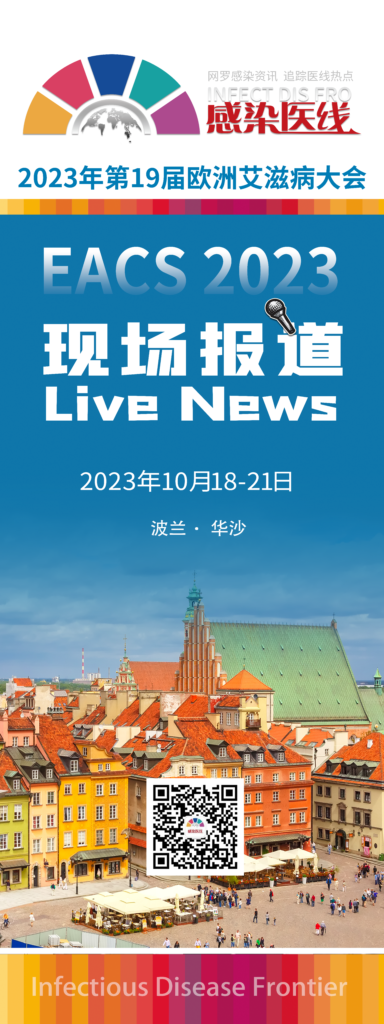Professor Zhu Biao: Impact of Single-Tablet HIV Medications B/F/TAF and E/C/F/TAF on Lipid Metabolism
AIDS remains a significant global health concern, but recent advancements in medical technology have shifted the treatment of HIV-infected individuals toward a chronic disease management approach. Ensuring treatment safety and adherence is a critical challenge within this context. Currently, two single-tablet regimens, Biktarvy (B/F/TAF) and Descovy (E/C/F/TAF), are widely used globally, including in China, for managing HIV infections. These regimens not only effectively suppress the virus but also offer good safety and adherence rates. In recent years, concerns have arisen about complications related to HIV infection, particularly the increased risk of cardiovascular diseases (CVD) associated with long-term antiretroviral drug use. This risk significantly affects the life expectancy and long-term health of HIV-infected individuals. From October 18 to 20, 2023, the 19th European AIDS Conference (EACS 2023) was held in Warsaw, Poland. During the conference, a clinical study led by Professor Zhu Biao from the First Affiliated Hospital of Zhejiang University School of Medicine was featured as a poster presentation (Abstract No. 551). This study suggests that compared to E/C/F/TAF, B/F/TAF has a milder impact on lipid metabolism and is associated with a reduced risk of CVD.



